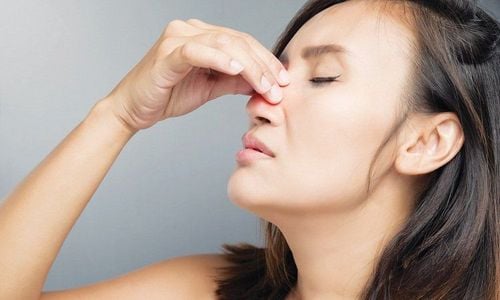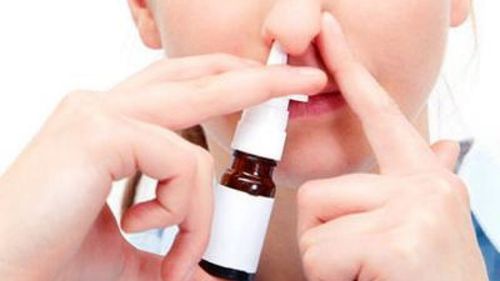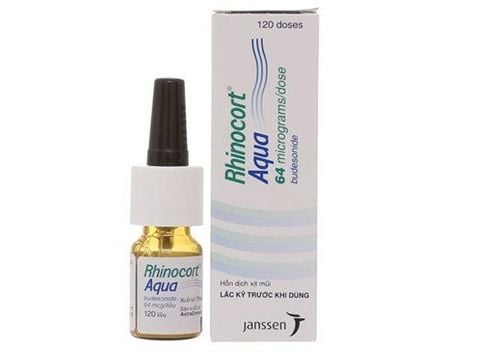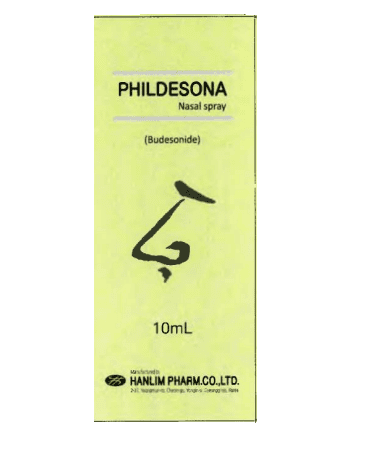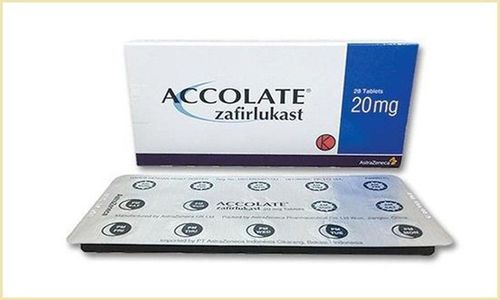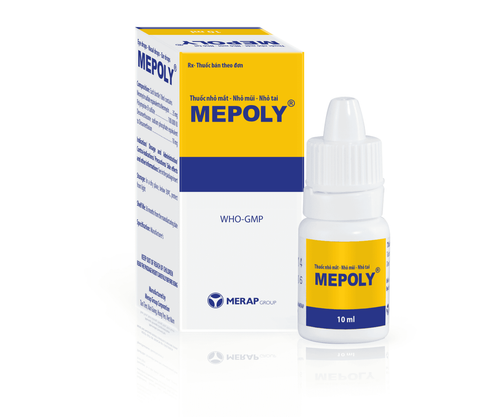This is an automatically translated article.
The article is professionally consulted by Specialist Doctor II Nguyen Van Thai - Doctor of Otolaryngology - Department of Otolaryngology and Head and Neck Surgery - Vinmec Danang International General HospitalWhen the seasons change, temperature, humidity, and weather change, and allergenic factors also change more or less. At this time, the sensitive nasal mucosa is very responsive to external stimuli, causing seasonal allergic rhinitis.
1. What is Allergic Rhinitis?
According to some statistics, the rate of people suffering from allergic rhinitis is about 10-20% of the population. This number is forecasted to be increasing due to the influence of environmental pollution, climate and erratic weather.The disease consists of a basic group: perennial allergic rhinitis and seasonal allergic rhinitis, with common symptoms:
Sneezing in clusters Runny nasal discharge Congested nose causing difficulty breathing due to edema of the conjunctiva Frequent itchy nose, runny nose, especially in the morning. Itchy throat Itching at the corners of the eyes, edema of the lower eyelids Itching of the outer ear canal Feeling of chills but no fever Severe symptoms are anaphylaxis (allergy to drugs, food...). Most patients with allergic rhinitis do not have a life-threatening progression, but often cause trouble for patients and significantly affect health and daily life. Allergic rhinitis can cause frequent nasal congestion, headaches, ringing in the ears, and in some cases, chronic allergic rhinitis can cause anosmia (loss of smell) or snoring.
Allergic rhinitis, if not treated as well as cared for and prevented from the beginning, can lead to allergic rhinitis, nasal polyps, sinus polyps, and recurrent disease.
2. Causes of Allergic Rhinitis
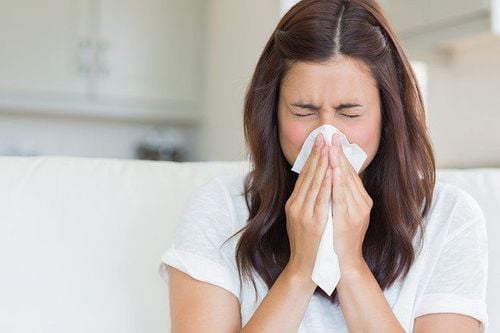
Family factors: According to statistics, if only one parent has allergic rhinitis, the probability of children suffer from this disease is about 30%. This number is estimated to be up to 50% if a person has both parents with the disease. Immune factors: Allergic rhinitis is an immune disease because it is related to antigens, antibodies and chemical mediators such as histamine, prostaglandin 2, leukotrienes. Allergic etiology: closely related to allergic rhinitis. People with allergies (atopic dermatitis, chronic urticaria, eczema, hives, asthma...) have higher rates and degrees of allergic rhinitis than usual. Allergen exposure: Dust, pollen, chemicals, cotton, fabrics, fibers, hair (dogs, cats), parasites (mold spores, fleas, mites, mites...), smoke (cigarette smoke) , kitchen smoke, factory smoke), some pharmaceuticals, etc. are very common allergens in our country, which can cause inflammation and irritation of the mucosa with immediately noticeable symptoms such as itching. and sneeze. Environmental factors: sudden weather changes, environmental pollution. Abnormalities in the structure of the nose: Contorted nasal septum can increase the sensitivity of the nasal mucosa and stimulate the development of disease.
3. Seasonal Allergic Rhinitis
When the seasons change, the temperature, humidity, weather changes, the development of allergens, molds, pollen concentrations in the air, etc. also have many changes. People with allergic rhinitis are very sensitive to the weather. At this time, the nasal mucosa is very responsive to external stimuli, causing allergic reactions.Allergic reactions produce a series of antibodies, chemicals in the body to fight against stimuli from the outside environment. The mechanism of histamine production is also an important activity in the immune system, which has a certain influence on allergies.
When seasonal allergic rhinitis belongs to the group of cyclic allergic rhinitis. The patient feels stinging in the nose, continuous sneezing, itchy nose, burning eyes, red eyes, watery eyes. Followed by a lot of runny nose like water. There is a burning sensation in the oropharynx. During the day, there are many allergic attacks, especially in the early morning when you wake up, but in the evening, they calm down and last for a few days to a few weeks, if not treated.
Non-cyclic allergic rhinitis also has the same symptoms as above, except that the disease appears not seasonally, regardless of the weather, only a few sneezes but nasal congestion increases and lasts longer between the two attacks.
4. Prevention of allergic rhinitis
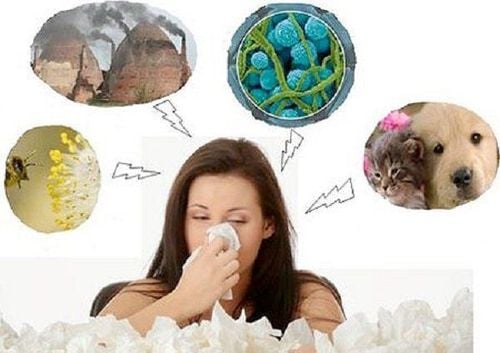
Therefore, it is most important that patients protect themselves from allergens by:
Avoid exposure to allergens: house dust, road dust, avoiding playing with cats or dogs , cigarette smoke... If you have to be exposed, you should use a good mask, cover the respiratory tract and clean after being exposed to the allergenic factor. Hygiene of the place: strengthen house hygiene, keep the surrounding living environment clean. Protection in changing weather: on cold days, it is necessary to keep the nose, throat, head and neck warm. Especially at the time of changing seasons, it is necessary to avoid letting the body, especially the respiratory system be affected by changes in temperature, humidity, rain, wind,... Eat enough nutrients: add more fruits , green vegetables, green tea and have a reasonable work and rest regime to increase the body's resistance. Avoid eating cold foods, avoid cigarette smoke. Do not abuse drugs: whether you use a lot of oral or spray drugs, they will affect your health in the long run. Therefore, the use of drugs must strictly follow the instructions of a specialist to achieve the highest effectiveness as well as avoid side effects or drug abuse. Ear, Nose and Throat Specialist - Vinmec International General Hospital is an address specializing in the examination and treatment of sinusitis as well as common ENT diseases, head and neck tumors, congenital malformations in the ear and nose area. throat by common surgical methods such as surgery, microscopic or endoscopic tympanic patch, fistula removal surgery, Bondy surgery, nasopharyngeal aerosol, nasal septum, nasal coil burning... with a machine system Modern rhinoplasty Karl Storz, Computed tomography (CT Scan) with 640-slice CT Scan helps in early and accurate diagnosis.
Please dial HOTLINE for more information or register for an appointment HERE. Download MyVinmec app to make appointments faster and to manage your bookings easily.





